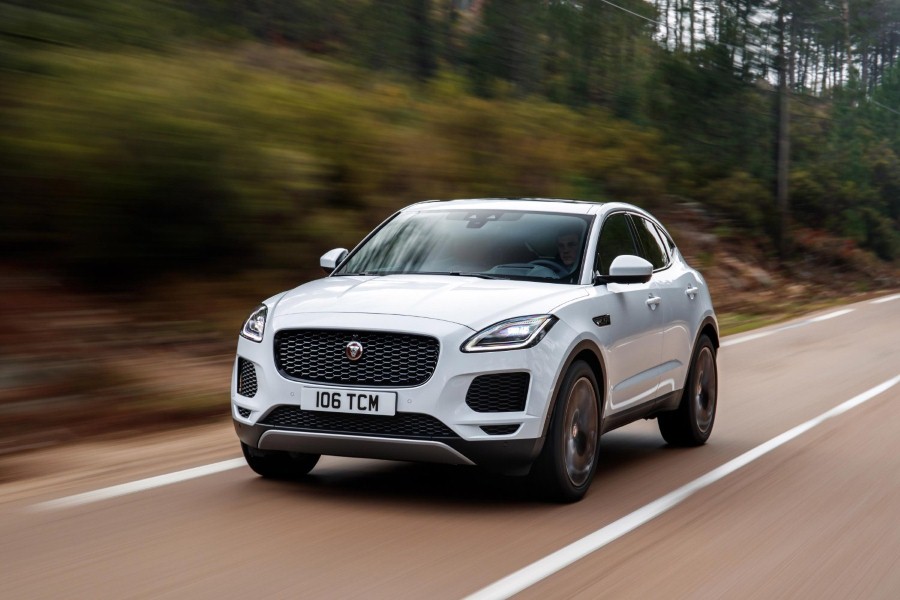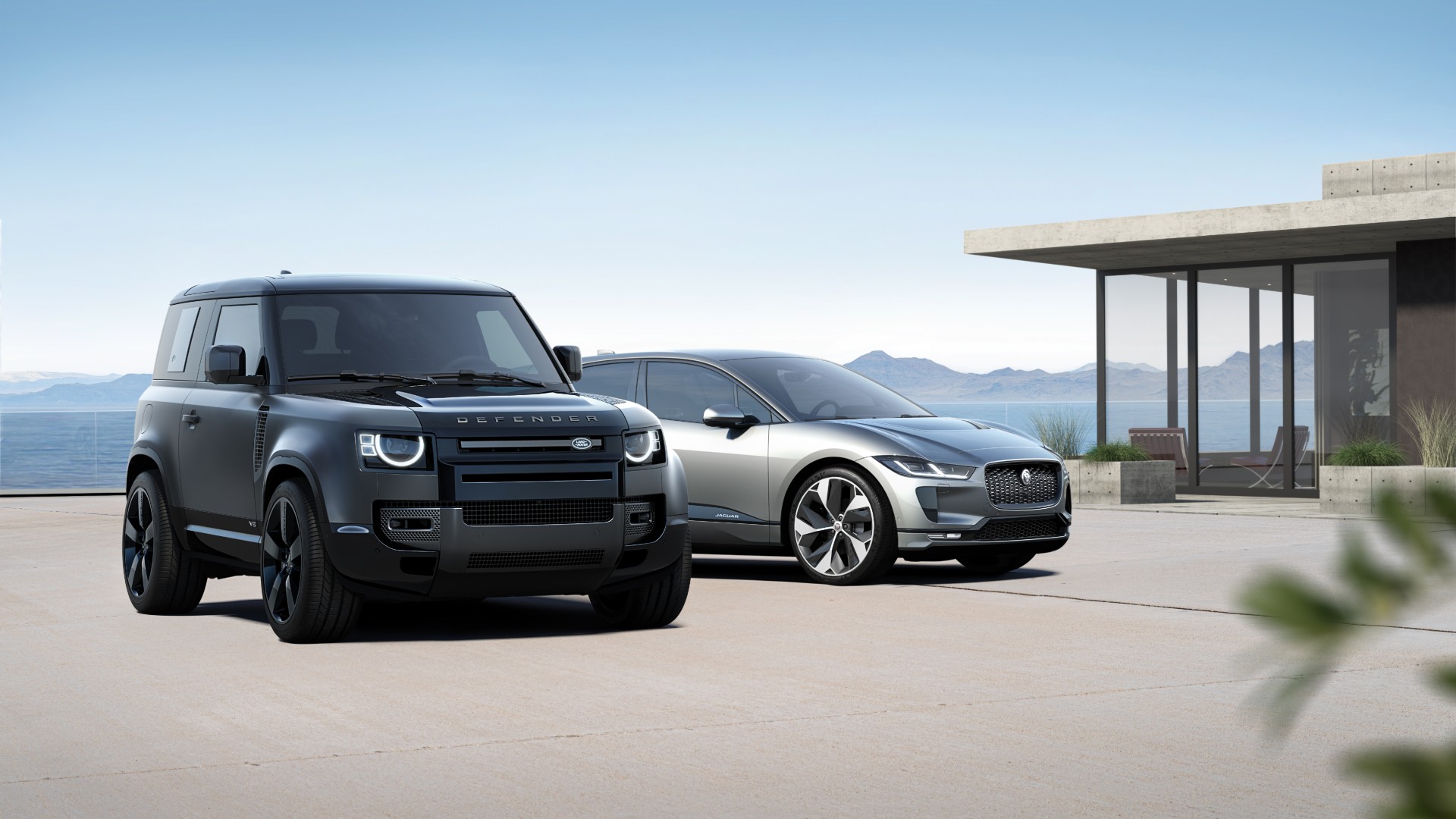Britain’s biggest auto manufacturer is ‘exploring all possibilities’ about whether to make or buy EV batteries in UK.
After almost a decade of being the home of Europe’s first mass-produced electric car, the UK is now battling to keep the production of Jaguar Land Rover’s future range of electric vehicles.
Over the last few months, concerns have started to grow that the UK will fall behind in the race to build vital large-scale battery factories. This is heavily tied to the clear lack of the cell and pack factories that automaker giants like Jaguar Land Rover will need to support their transition away from the internal combustion engine.
With the move towards cleaner travel coming in hard and fast and our infrastructure severely lacking, the UK is at risk of being left behind in the global auto industry’s shift to battery-powered vehicles. The move to EVs is forcing manufacturers to redraw their maps, the UK is endangered by the apparent lack of raw materials, skyrocketing energy costs and the foretold potential Brexit-related tariffs. These factors combined with meagre government incentives are not leaving car manufacturers such as Jaguar Land Rover much choice.
According to JLR and other industry leaders, the UK lacks some vital components that are required for future carmaking. While Britain has pumped hundreds of millions of pounds into battery-technology research, it seems that this has spurred minimal production.
The country’s top auto manufacturer, Jaguar Land Rover, is reported to be in talks with Northvolt AB and SVolt Energy Technology Co. about supplying batteries for a new electric vehicle range that may be assembled in Slovakia. The company, which is owned by the Indian conglomerate Tata, has announced that it will continue to “explore all options” for electric car battery supply.
“We continue to explore all options around the supply of batteries. No decisions have been made yet”
Jaguar Land Rover spokesperson
This isn’t the end of the EV road for the UK though as the firm is also in talks with the UK government. It is reported that the parties will discuss funding for the construction of a battery plant, or “gigafactory”, to ensure a local source of batteries. While we haven’t been totally abandoned in the EV industry, carmakers may only accelerate their exodus from our shores, unless battery investment picks up. In these last years, the UK has gone from the world’s second-biggest auto manufacturing base to outside the top 15.
As part of JLR’s momentous switch to electric and battery-powered cars, the company – which employs 30,000 people in the UK – has reassured the government that it would keep all of its main factories located in the West Midlands. While this isn’t a total loss, it will be crucial to the UK’s automotive infrastructure that battery production stays here.
Jaguar Land Rover has reportedly earmarked two substantial UK sites for a new EV battery factory. However, while a step in the right direction, a final decision has yet to be made as the British firm’s parent company, Tata Motors, is currently pushing the UK government to provide financial incentives. This turmoil and potential upheaval follows JLR’s commitment, announced last year, to make the Jaguar brand electric-only by 2025. The car giant also pledged to abandon petrol vehicles entirely in the next decade.
The company said it would “retain our plant and assembly facilities in the home UK market and around the world” as part of its strategy.” They have also stated that sourcing batteries from a UK plant is the “favourite scenario,” and added that they are in final discussions with a handful of battery manufacturers about plant location and future production.

Images courtesy of Jaguar Land Rover Newsroom images
